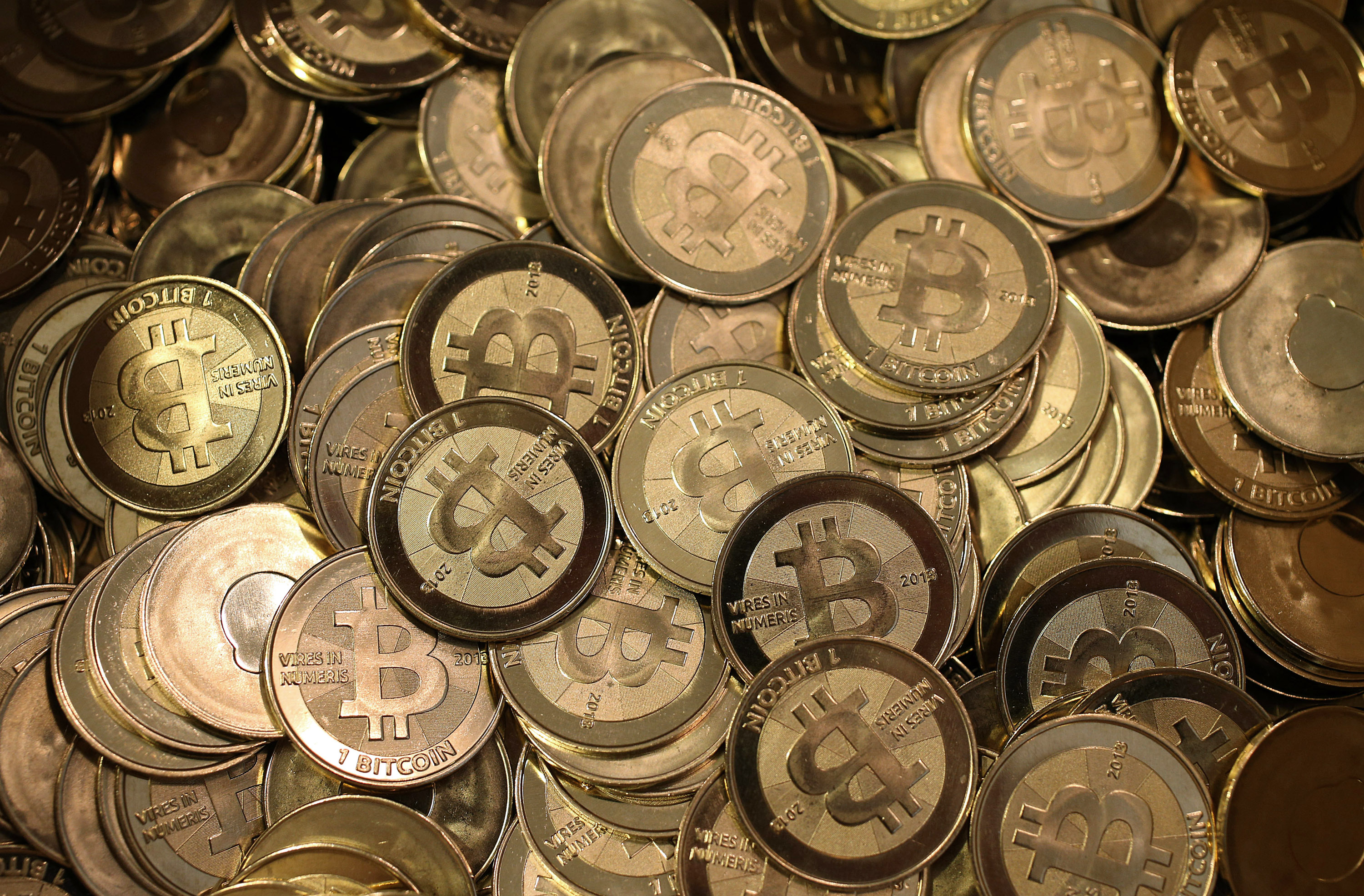If you have a digital coin, is it real? And if it’s real do you have to pay tax on it? According to the Australian Taxation Office (ATO), the answer depends on how you are using it and why.
The ATO recently released its position on the tax treatment of the virtual coin bitcoin and other virtual currencies – much to the chagrin of proponents. The ATO’s view is that bitcoin is not money or a foreign currency, and the supply of bitcoin is not a financial supply for GST purposes. However, bitcoin is a CGT asset.
So, what does all this mean?
Impact on businesses using bitcoin
If you are in business, bitcoin, like the barter systems that sprang up a few years ago, needs to be treated in the same way as any other form of payment. However, the additional work now required by business to administer bitcoin might be a major disincentive to continuing to use it.
If you receive bitcoin for goods or services you provide as part of your business, you need to record the fair market value in Australian dollars as part of your ordinary income.
If your business is registered for GST and you are paid for goods and services you supply using bitcoin, like any other transaction you need to add GST to the price of the goods and services. If you pay for goods and services you receive using bitcoin and are registered for GST, you will have a GST liability in relation to bitcoin you used to pay for the goods and services. The other party to the transaction may be able to claim GST credits for the GST that relates to the use of Bitcoin to pay for the transaction.
Impact on individuals using bitcoin
If you use bitcoin for your own personal use there is no tax impact unless you make a gain on trading bitcoin. If you make a gain on bitcoin, capital gains tax can apply although there is no need to recognise the gain in your tax return if the cost of the bitcoin you used was $10,000 or less.
So what is bitcoin?
Bitcoin is a cryptocurrency.
Bitcoin transactions are recorded in a public ledger called a block chain. They can be bought at an exchange platform or ‘mined’. In an oversimplification, bitcoin mining is where you maintain a block chain and become part of the payment processing system validating individual payments by adding them to the block chain. Those that maintain block chains are rewarded with newly created bitcoin and transaction fees. The supply of new bitcoins is fixed and the volume released diminishes over time.
The digital coins, whether acquired or mined, are then transferred to your digital wallet (personalised bitcoin account). These bitcoins can then be used to purchase goods and services like any other form of currency.
There are around 13 million bitcoins in circulation at present with a reported cap of 21 million.



